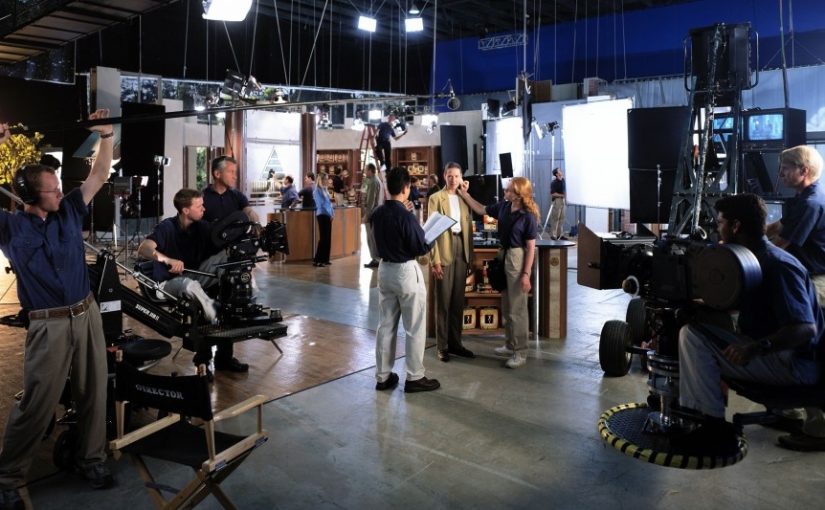If you have something to say and want to be heard, there are a number of communications careers that might fit the bill. Today, we will talk about two of them – radio broadcasting and podcasting.
Traditional radio broadcasting dates back to 1920 with the launch of KDKA-AM in Pittsburgh. A career as a radio announcer can be very fulfilling and allows you to share your thoughts in a very creative way. FM stations primarily play music whereas AM station programming is usually limited to news, talk, and sports. Unfortunately, due to the rise of streaming music apps, industry consolidation, and national syndication, jobs in radio are hard to find. In fact, over the next ten years, the industry is expected to shrink. The average salary for radio announcers is fairly low (about $40k per year), although top announcers (Ryan Seacrest, Howard Stern) command multi-million dollar salaries.
A modern alternative to radio broadcasting is podcasting, which most agree began around 2004. Podcasting involves creating digital recordings and making them available for download or streaming to a computer or mobile device. Because of the costs associated with music licensing, nearly all podcasts are limited to talk. A podcast usually features one or more hosts engaged in a discussion about a particular topic. Hosting a podcast allows the host(s) to express a personal passion, increase professional visibility, and cultivate a community of like-minded thinkers. Launching your own podcast is very affordable, sometimes limited to just the cost of a computer, internet connection, and decent microphone. While well-known hosts like Joe Rogan and Dax Shepard earn millions of dollars per year, most beginning podcasters do not earn anything.
A career in podcasting requires a great deal of investment in terms of time, effort, and resources. It is crucial that you have a clear understanding of why you want to do it and who your audience is. Just like any business venture, you should have a solid game plan for your podcasting business.
To talk more about careers in broadcasting or podcasting, make an appointment with Ty in the Career Center!


